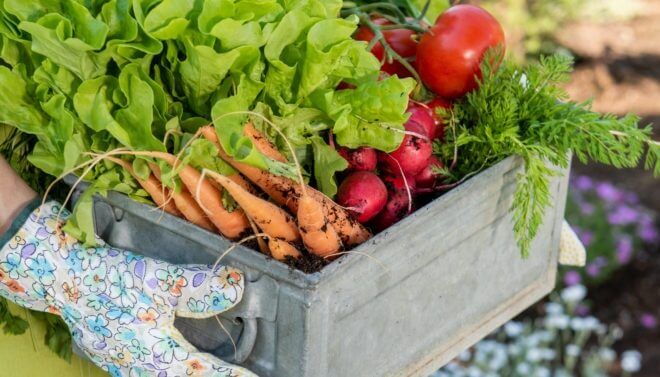It’s another month with a name! We love a month with a name. Especially a name that speaks to us so directly. What is Organic September? It’s our focus in a nutshell. We love organic food. We love consuming it and we love using it to create some of our food products. We know it’s great for us, but do we know why? It’s also good for the planet. But how exactly? Organic September was set up to answer precisely these questions to help us understand the importance of buying and consuming organic produce and how in the face of climate change, the need to improve our food systems has never been greater.
The pandemic hit everyone hard and the clear link between obesity and the most serious cases of Covid-19 were a wake-up call to many of us. Can eating organic food really help make us healthier and stronger?
What is organic? Well, let’s start with the basics:
- It’s better for wildlife
- It’s better for people
- It’s better for the planet
The team at the Soil Association set up this initiative to raise awareness of the countless ways in which we can tackle both sustainability and health problems by consuming organic produce.
The benefits of organic food and farming are clear:
- Supports biodiversity and wildlife
- Combats climate change
- Ensures the highest standards of animal welfare
- Reduces exposure to pesticides
But how exactly?
At Quattro Foods we are committed to sustainability and as organic farming may lead to a 40-50% drop in agricultural emissions by 2050, we fully support the practice and will continue to buy from local organic suppliers. Organic food is high quality and natural farming benefits people, plants, the planet and animals by using fewer pesticides and lowering the risk of plant disease through crop rotation. Due to the reduced use of synthetic fertilisers, resulting in healthier soils that store more carbon, we believe it’s the future of farming.
Organic farms are also more resilient to the effects of climate change as soils on organic farms store far more water, which protects against flooding and research shows significant nutritional differences between organic and non-organic farming. A study published in the British Journal of Nutrition in 2014 showed that organic milk and meat contain around 50% more omega-3 fatty acids than non-organic and that organic meat has lower concentrations of saturated fats.
So, how do we know what to buy? Anything that says organic or biodynamic on the box is great. It takes a bit of concentration in the supermarket, but it’s worth reading before you buy. Or buy directly from small producers and farmers’ markets and look out for food sourced from local suppliers, which means a reduced footprint in getting it to you, minimising the impact of transport.
Bring on Organic September and let’s work together to make change.

